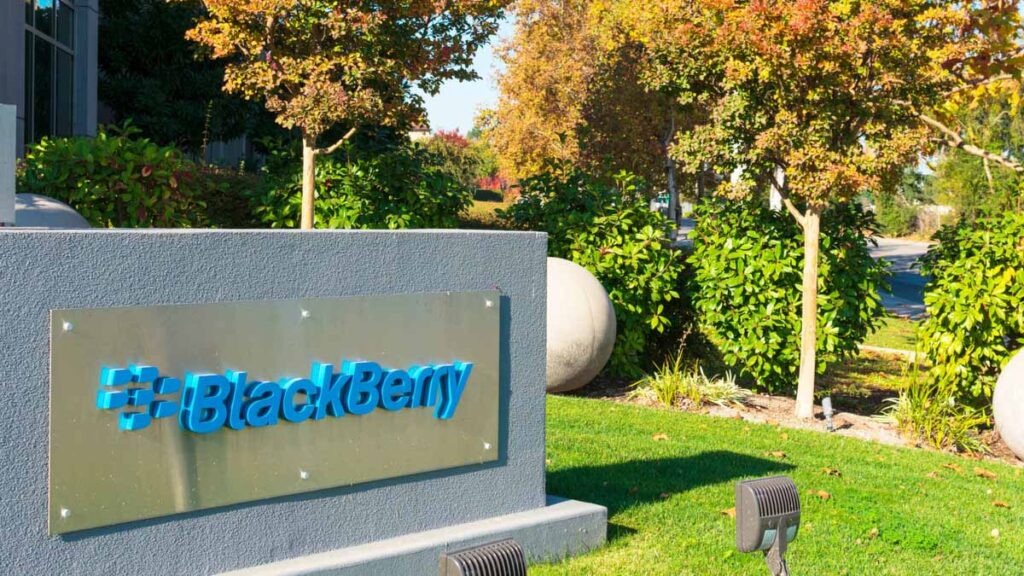
As of Tuesday, Blackberry phones will no longer be in full functionality, as the company uncovered plans to stop supporting its historical phones, running on software for Blackberry 10, 7.0 OS, and earlier.
Blackberry Limited – formerly known as Research in Motion (RIM) – will stop operations on its operating systems (OS) as a part of the decommissioning program, “end to life,” revealed in September 2020.
The initial announcement revealed the company’s intentions of halting any support for its devices on its OS on January 4, 2022. This comes as the Canadian firm will finalize its long-anticipated move to focus on creating software-based business models.
While the news came as quite a shock for some users, in reality, BlackBerry already stopped manufacturing phones in 2016 but maintained its brand license to manufacturers, such as Chinese electronic company TCL, and Texas-based security startup, Onward Mobility, mostly being 5G BlackBerry device using an Android OS.
BB phones reached their glory moment back in 2012 when their user-base grew to almost 80 million users and are mainly known and chosen for their robust security features, with celebrities and politicians using them for security reasons.
Founder of CrackBerry – a site devoted to these phones – Kevin Michaluk brought a nostalgic moment on Monday of what once was the leader of cellphones, stating, “the initial sadness for me has been lived several times.”
To Michaluk, the BlackBerry company did not only deliver diversified models for a much wider target audience, but the phone’s functionality on its own was much more practical than the emerging generations of mobile devices, such as iPhones.
“It feels like they’re causing A.D.D. (attention deficit disorder) for most of us, rather than productivity right now,” Michaluk said about Apple’s smartphones.
“We went from analog phones to the pendulum swinging too far. You can’t actually get anything done on it because you’re constantly bombarded by sensory overload,” he added.
In late December 2020, the Canada-based company reminded its customers that any Blackberry running legacy services over WiFi or cellular networks would no longer be functional as of early January. This includes receiving or sending SMS, making calls, or even contacting the emergency number (911).
In parallel, the company highlight that any Blackberry powered by an Android OS, such as BlackBerry KEY2 – developed by TLC – will not be impacted by the decision.